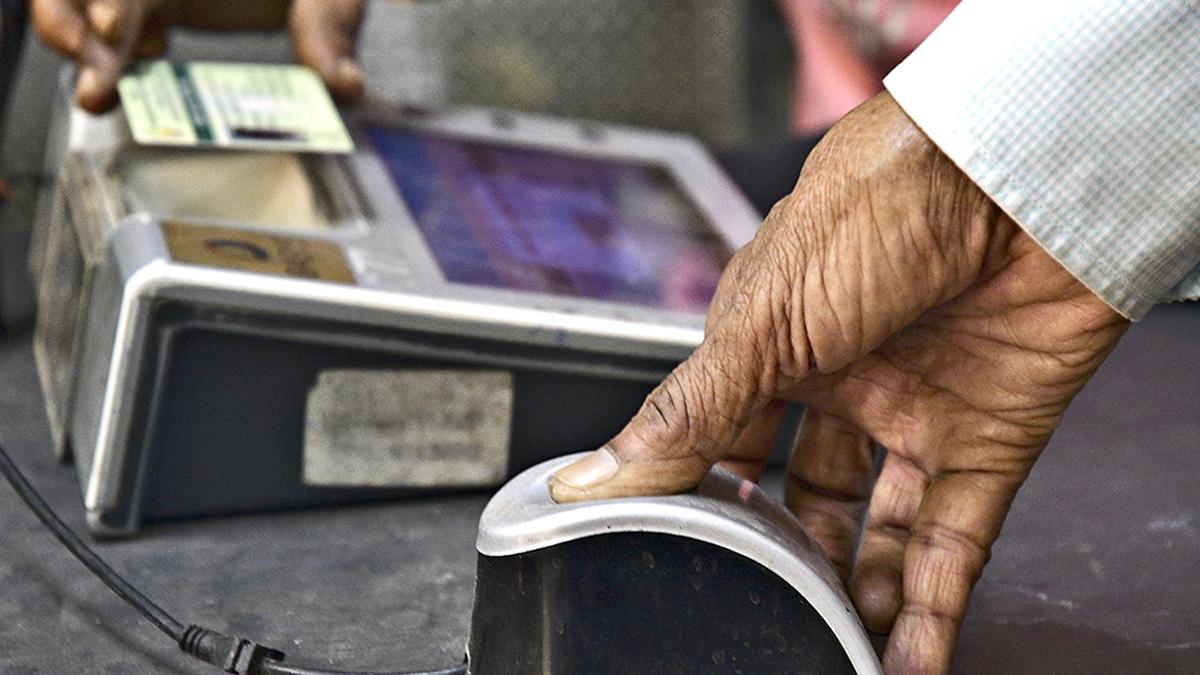



Government released the First Advance Estimates for India's GDP growth for the current financial year ending in March 2024-25. The nominal GDP is expected to reach Rs 324 lakh crore, a 9.7% growth over FY24, while the real GDP is projected to be Rs 184.9 lakh crore, just 57% of the nominal GDP.

Copyright infringement not intended
Picture Courtesy: Fortune India
The Ministry of Statistics and Programme Implementation (MoSPI) has released the First Advance Estimates (FAEs) for India's GDP growth for the current financial year ending in March 2024-25, based on data from various ministries and agencies.
According to the Ministry of Statistics and Programme Implementation (MoSPI), India’s nominal GDP in FY25 is expected to reach Rs 324 lakh crore, showing a 9.7% growth over FY24. At the exchange rate of 85 rupees to a dollar, this translates to a GDP of $3.8 trillion.
Nominal GDP includes the effect of inflation, reflecting the total value of goods and services produced at current prices.
Real GDP adjusts for inflation, indicating the true growth in the economy's output.
In FY25, India’s real GDP is projected to be Rs 184.9 lakh crore, which is just 57% of the nominal GDP.
While India’s GDP is still growing, the rate of growth has been slowing down.
Real GDP growth has averaged only 4.8% since FY20, significantly lower than the pre-COVID growth rate of nearly 7% per year.
The slowdown reflects slower economic momentum, even though the economy has recovered from the pandemic shock.
Private Final Consumption Expenditure (PFCE): Accounts for nearly 60% of GDP and reflects household spending. A low growth rate here impacts overall economic growth.
Government Final Consumption Expenditure (GFCE): This small engine contributes around 10% of GDP but is essential for government spending on public services.
Gross Fixed Capital Formation (GFCF): Represents investment in infrastructure and industries, contributing about 30% of GDP. However, growth in this area has been slowing.
Net Exports: The difference between exports and imports, which drags down India’s GDP as imports exceed exports.

Private consumption, which accounts for the largest share of GDP, has been growing at a relatively slow pace of 4.8% annually since FY20. This limits economic expansion as lower consumption discourages private investment.
Government spending has been growing at a modest pace of 4.2% in FY25, and only 3.1% since 2019. In a struggling economy, governments increase spending to stimulate growth, but this has not been happening at a sufficient rate.
Investment in the economy, particularly through infrastructure projects and private sector expansion has slowed. While spending is expected to grow by 6.3% in FY25, the annual growth rate has dropped to 5.3% since 2014, which reflects a reluctance to invest without a boost in consumption.
Net exports show a negative contribution to India’s GDP, as imports often exceed exports. However, the gap between imports and exports has been narrowing, which is a positive sign.
The latest GDP estimates highlight a slowing economic growth rate. While India has shown impressive growth in recent years, much of it was driven by a low base effect from the COVID-induced recession.
The real economy is growing at a pace of less than 5% annually, which is far below the growth required to become a developed economy by 2047.
Must Read Articles:
Source:
|
PRACTICE QUESTION Q.Analyze the role of the Indian government’s fiscal policy in mitigating or exacerbating the economic slowdown. 150 words |



© 2025 iasgyan. All right reserved